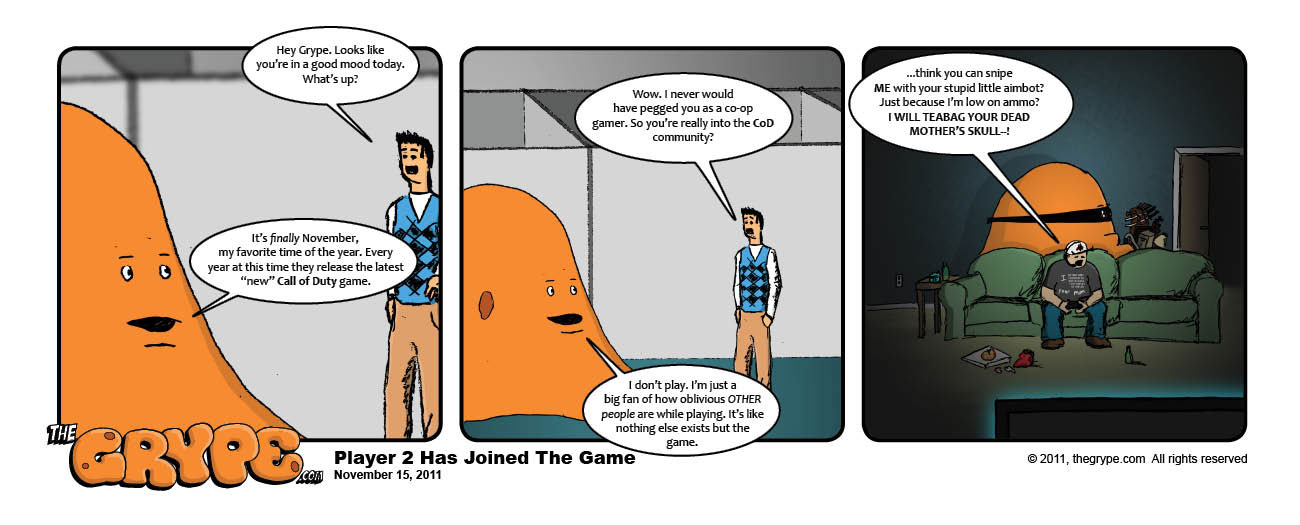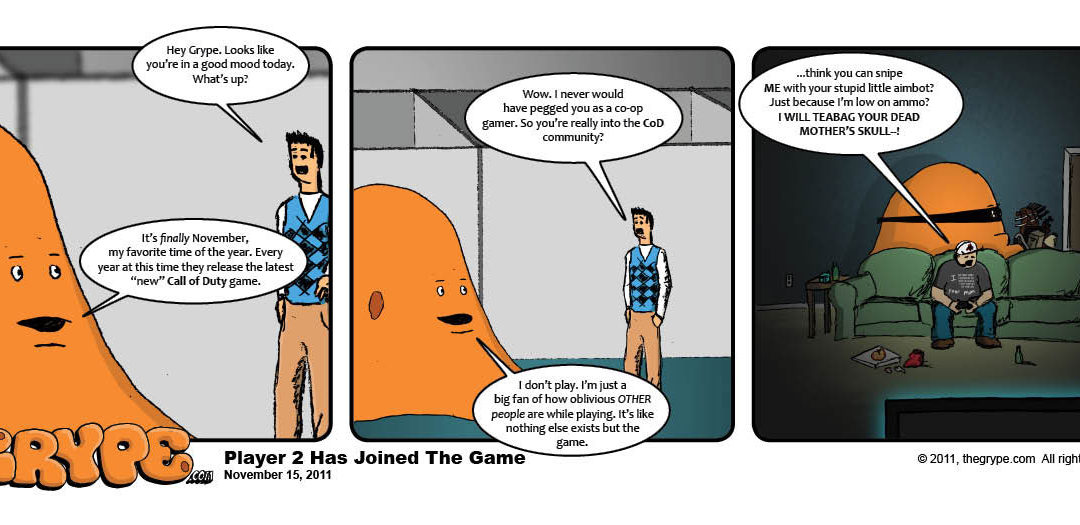 Last week we discussed monopolies and how they can negatively impact the business world if they get too big and scary. Whether or not you are a fan of Capitalism, that whole economic system naturally pushes successful businesses toward monopolization. Because in the heady atmosphere of PURE Capitalism, the ultimate object of the exercise is to gain complete control over ALL means of production to produce EVERYTHING consumed by EVERYBODY. That’s what capitalism calls “The Big Win.”
Last week we discussed monopolies and how they can negatively impact the business world if they get too big and scary. Whether or not you are a fan of Capitalism, that whole economic system naturally pushes successful businesses toward monopolization. Because in the heady atmosphere of PURE Capitalism, the ultimate object of the exercise is to gain complete control over ALL means of production to produce EVERYTHING consumed by EVERYBODY. That’s what capitalism calls “The Big Win.”
But “Pure Capitalism” doesn’t work in the long run. Because when the harnessed greed that powers capitalism gets too big to control, it turns inward. The company begins to feed on itself as mercurial human nature rears its head to become a factor in the equation. Soon “efficiency” gets sacrificed on the altar of “nepotism” as the best candidates for positions of responsibility are pushed aside in favor of someone’s friends or progeny. Cronyism torpedoes productivity, allowing laziness and incompetence to leech into the system. Further expansion becomes detrimental as megacorporations lose the ability to keep track of what’s really going on in the trenches. Ennui and entropy gnaw at the foundations of the corporate behemoth, and when those forces attain critical mass the party is over. The giant starts to die from the inside out.
So… in the end we are saved from the evils of Corporate Mismanagement by the inevitability of Corporate Inefficiency. 🙂
There is another type of commercial structure worth mentioning, less well-known than a monopoly— but just as deeply entrenched in the American business world, directly impacting many of us every day (and rarely in a good way). It is the OPPOSITE of a “monopoly.” It’s called a “monopsony.” It’s when MANY producers are compelled to sell their product or services to JUST ONE buyer (or a small, select group of buyers).
For example: let’s say there is a certain type of product or service that is produced by many different suppliers. And let’s say that product or service is only used by one company (or a small group of companies), who comprise the only market for that product or service. So they have a monopsony over the trade. That gives them complete control over anyone who wants to sell that product or service. They can raise or lower the price they will pay for it at their whim. They can make unreasonable demands on the suppliers. They can pit the various suppliers against one another and force them into bidding wars for the few contracts. And there’s nothing the suppliers can do to fight back— they are at the mercy of the buyer. And that buyer will do everything in their power to pay the LEAST amount they can for the product or service. They will keep the suppliers hovering at the edge of bankruptcy, paying them just enough to break even and keep them in the business, if possible…forever.
There are a lot of businesses who find themselves hostage to some form of monopsony. You see it every day in the art world, where promoters and directors subject artists and performers to callous and merciless treatment, forcing them to jump through hoops and paying them next-to-nothing simply for the privilege of working in their field. But if you’re an artist, your options are limited; unless you are such an incredible money-maker that you can negotiate better terms for yourself, you will always be at the mercy of the producer or venue owner (who probably has troubles of his own).
But here’s a warning to those who sit atop monopsonies: be careful about how hard you squeeze. If you don’t adequately support your suppliers, you could force them ALL out of business. And there’s nothing more karmically-entertaining than a formerly-haughty monopsonist who greedily ruined his suppliers… and who bankrupted himself in the process, when his supply of product ran dry.

